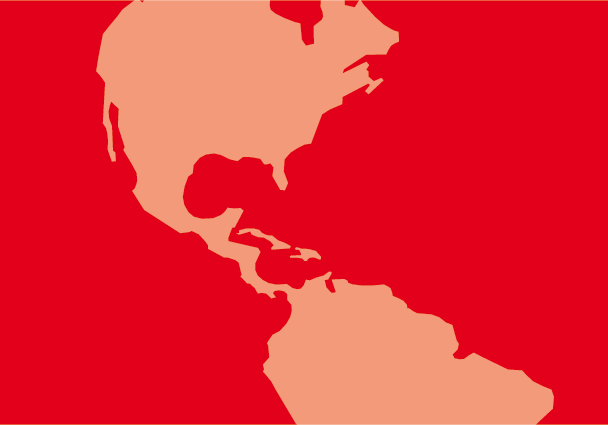Today, the ICJ urged the Government of Bolivia to ensure respect for all non derogable human rights in conformity with its international obligations.
The Government of Bolivia declared a state of siege on 8 April 2000, and violent clashes occurred shortly after between protesters and law enforcement agents in which five people were killed and scores wounded. A state of violence has since then prevailed.
The ICJ recalls that Bolivia is a State party both to the International Covenant on Civil and Political Rights and the American Convention on Human Rights. These instruments do not allow, in any circumstances, any derogation from or suspension of the rights not to be arbitrarily deprived of life or submitted to torture or other cruel, inhuman or degrading punishment. They also impose an obligation on States to respect freedom of thought and conscience. The ICJ recalls that the American Convention established that habeas corpus must not be suspended or limited in times of emergency.
The ICJ expresses extreme preoccupation over the detention and forced seclusion of a number of trade-unionists and civil society representatives – many of whom have been arbitrarily detained prior to the imposition of the state of siege and without arrest warrants. According to information received by the ICJ, a number of detainees have been held in conditions which pose serious threats to their physical integrity. It also appears that the armed forces have tortured a number of them.
The ICJ deplores the death of five persons – including two minors – and the high number of those wounded. The ICJ urges the Bolivian authorities not to have recourse to illegitimate, disproportionate or indiscriminate use of force and to respect the principles contained in the UN Basic Principles on the Use of Force and Firearms by Law Enforcement Officials.
The ICJ calls upon the Bolivian authorities to order an exhaustive, independent and impartial investigation into the human rights violations which have occurred since the imposition of the state of siege with a view to bring the their perpetrators before the ordinary civilian justice system.





